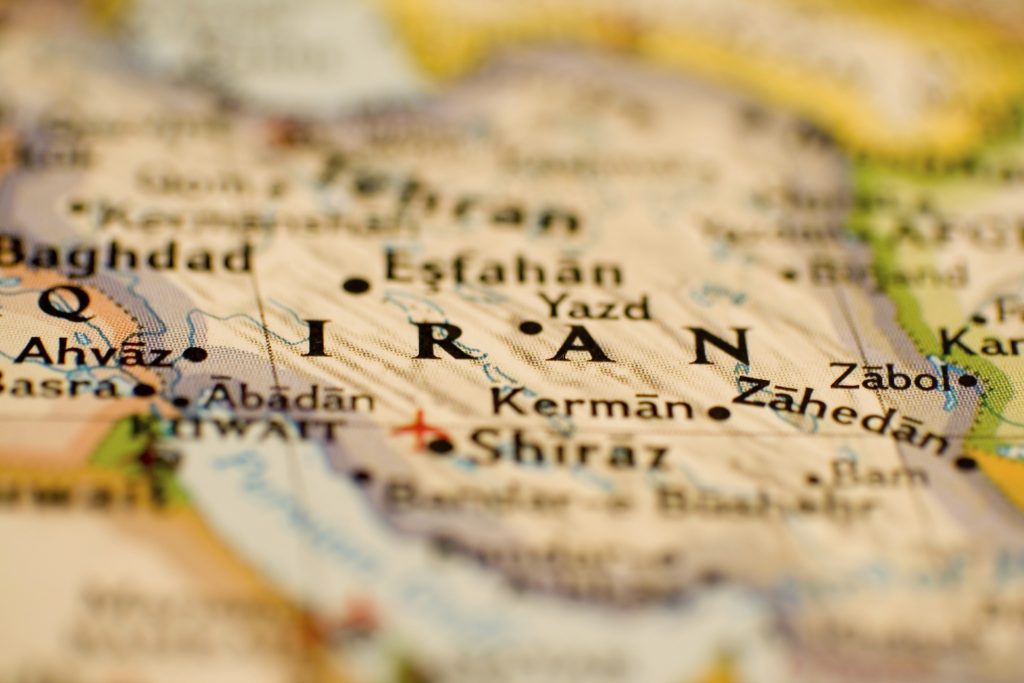Compliance for a Treaty, Credibility for Partnership
So he really did it. On May 8, US President Donald Trump decided that the economic sanctions against Iran suspended under the multilateral nuclear agreement should be resumed and even tightened and unilaterally terminated the agreement. Europeans should try to save the deal – and someone should explain to Trump the diplomatic ABC of the difference between contract compliance and credibility.
This was to be expected. Recent Israeli accusations questioning the credibility of Tehran’s willingness to cooperate and the reliability of Iranian pledges in the context of the nuclear deal had already been taken up by Washington as rhetorical back-up for a tougher course towards Tehran. The careless termination of the nuclear deal could now be the starting signal for a nuclear arms race in a crisis-ridden region.
The nuclear agreement with Iran was negotiated in July 2015 by China, Germany, France, Great Britain, Russia and the USA. Tehran’s commitment to enrich significantly less uranium, to allow international controls and to drastically restrict substantial parts of its nuclear programme for at least a decade is intended to prevent Iran’s nuclear weapons capability and avoid a regional nuclear arms race. Conversely, sanctions against Iran have been lifted and Western countries have promised to normalize economic relations. Europeans should try to save the cornerstones of this agreement even without the participation of their erstwhile diplomatic partner USA. All statements made in direct reaction to Trump’s decision point in this direction – also from the Iranian side.
Apples and oranges
Even Israeli Prime Minister Benjamin Netanyahu did not accuse the Iranian government of a recent breach of the nuclear agreement, but rather of the alleged existence of a “secret nuclear archive” in which extensive research results on the construction of nuclear weapons are stored for possible future use. Netanyahu’s main accusation is against Iran’s assurances that it has never pursued a nuclear weapons programme, so that the nuclear agreement is based on a lie. But even Netanyahu did not impute a violation of the conditions of the nuclear agreement.
The United Nations International Atomic Energy Agency, which is responsible for monitoring the agreement, continuously confirms Iran’s compliance with the agreement. There was no evidence of secret uranium or heavy water supplies or the enrichment of strong uranium, nor were there any access restrictions for its employees to controls.
Therefore, the current debate is not about the Iranian government’s compliance with the agreement, but about its credibility as a contracting party per se. This, however, is a poor argumentative basis for terminating an agreement – and follows the same logic as the Iranian hardliners, who had warned of too much confidence in US promises (and can now see their doubts confirmed and their position strengthened). All parties to the nuclear deal have had to make concessions and give advances of confidence in order to reach an agreement, but in a treaty – here the diplomatic ABC of the difference between contract compliance and credibility – it is ultimately and solely a matter of keeping to the contractual obligations. These have now been broken by the US government.
Partnerships needs credibility
While credibility is a problematic and volatile yardstick for contract security and should give way to evidence-based criteria, it is an essential component for good international cooperation. Here the current country report of the BTI 2018 critically notes that Iran has “for nearly four decades… proven unreliable regarding its secret nuclear activities” and “the country’s support of radical groups such as Hamas and Hezbollah as well as the repressive regime of Syria’s Bashar al-Assad have severely harmed Iran’s image”. However, the report also stresses that “Rouhani’s government is much more comfortable for international partners, especially the West, than [the prededing] Ahmadinejad’s government.” If the current Iranian government is still, comparatively speaking, the best partner within the existing authoritarian regime, then dialogue options should not be sacrificed from the outset in favour of a confrontational course. In terms of credibility, Iran achieves only 3 out of 10 points in the BTI 2018. This is a very low score, but just as much as Saudi Arabia has achieved. Unlike the US-President, we should not apply double standards.
Hauke Hartmann is Senior Expert at the Bertelsmann Stiftung and co-directs the Bertelsmann Transformation Index (BTI) project.

